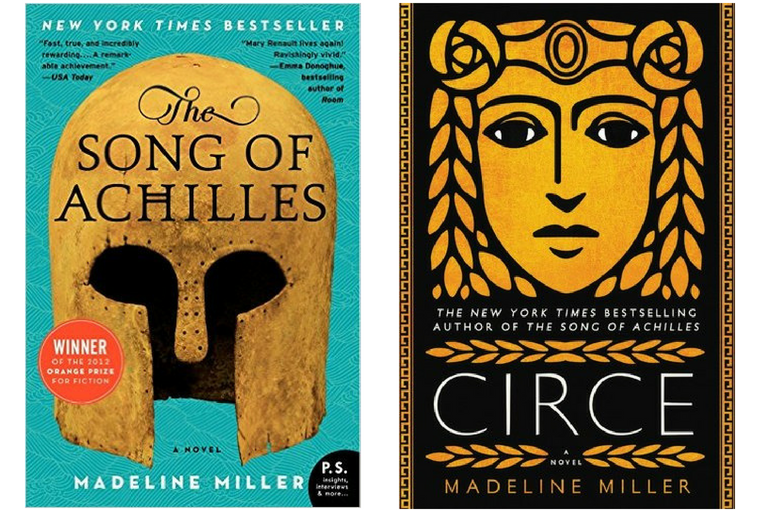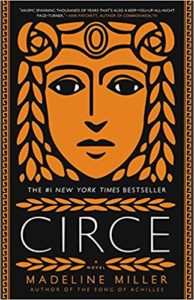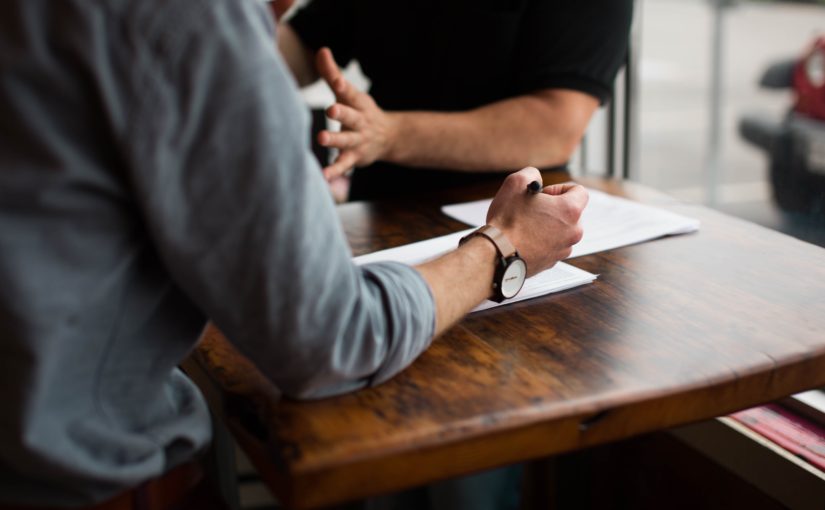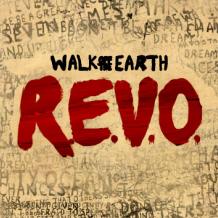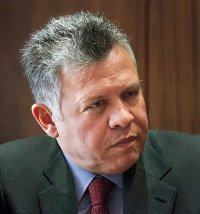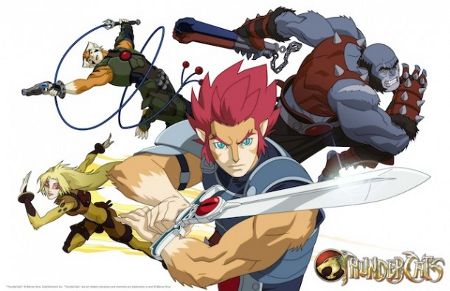It’s been just over two years since the Tunisian revolution that overthrew Ben Ali took place, almost a year and a half since the election of the constituent assembly, and the country just got its fourth temporary government.
The economy, security, and the whole country in general aren’t in good shape at all, to say the least. And there’s nothing so far that suggests things are going to get any better anytime soon. To be fair, this can’t all be blamed solely on the governments the country has had over the past period, but on the other hand, those governments only seem to make things worse somehow.
The constituent assembly is behind schedule in getting the new constitution ready, and the elections have been pushed back too. The latest announcements mention the end of April as the target date to get the draft of the new constitution ready, and the end of June or early July as the date it could get adopted on the first reading; If that happens, legislative and presidential elections could maybe happen end of October.
However if the constitution only gets adopted through a second reading or a referendum, that would push back the date for the elections even further.
From all the bickering that’s been going on within the constituent assembly, I think it might be safe to assume that it’s pretty improbable the constitution will sail through easily and get adopted on the first reading. If we’re optimistic, it might go through on the second reading, assuming the constituent assembly want to save face and not further demonstrate how utterly useless they’ve been, and if not then referendum it is.
I won’t go into the possible scenario where the constitution gets shot down by the people through the referendum, so I don’t sound too pessimistic.
Anyway, election-wise, we could be looking at December or January of next year for the elections to happen; People will be asked to go out and vote for who they want to run the country, who they want to see in parliament and who they’d like as president.
And that’s where a big problem arises, do the Tunisian people really trust anyone for those responsibilities at this point?
Over the past couple of years, if anything can be stated for sure, it’s that Tunisia’s current political parties have all performed miserably, and have all lost a big deal of good faith and confidence from the Tunisian people. Some parties have driven themselves to complete irrelevance; others have shot themselves in the foot, and face for that matter, rendering themselves un-electable; and in the best cases have not lived up to people’s expectations and lost respect and confidence because of it.
It doesn’t help move the country any further towards a stable and lasting democracy when the people look around at the different options they have and feel they’re surrounded by two-faced dishonest opportunists, familiar faces from the old regime wearing different hats and colours, or others who seem disconnected from the country’s reality.
Now of course not everyone falls into one of those buckets, and there surely are some very honest people who really want to make a difference, but how will they stand out from the crowd? How will people know who they are? And that they’re not just putting up a mask like others before them, who changed their tone and directives once they got elected?
The way the next election seems set to play out is mainly as a face-off between Ennahdha and Nidaa Tounes; the other parties will probably fall to the sidelines playing a secondary role, leaning to one side or the other based on what benefits them more.
Ennahdha, the “moderate” Islamic party as they like to portray themselves, even though for some reason they’ve been lenient with extremist violence over the period they’ve been in power, seem to be very organized on the ground, which helped them win the most votes in the last election; and even though the government they formed was pretty much a failed one, they still should be able to pull a good percentage of votes their way in the next election.
Nidaa Tounes is a secular party headed by Beji Caid El Sebsi, who headed the second temporary government after the revolution, a period which wasn’t particularly bright or anything for Tunisia, but still looks relatively better in comparison to how things went under the following government Ennahdha put together.
One of the things that some try to point at against the party is that it has a bunch of ex-RCD members among its ranks, but it still seems to be the main contender in front of Ennahdha.
The problem is, for an average Tunisian, who has been watching things as they develop over the past couple of years, what do they do? Who do they vote for? Especially if they don’t believe either of those two parties, nor the others, really have Tunisia’s best interest in mind? or are able to bring real and lasting change?
Do they choose to vote for the lesser of two evils, whatever that might be for them, and convince themselves that they’re voting “strategically” against a party rather than for one?
Or do they abstain from voting altogether, and convince themselves it’s a form of protest?
I ask the question, because it’s one that has been swirling around in my head unanswered, and I’m sure many others are in the same ship as I am; a question that will become a more and more pressing one as the next elections loom closer, and the future of the country depends even more on the outcome.
